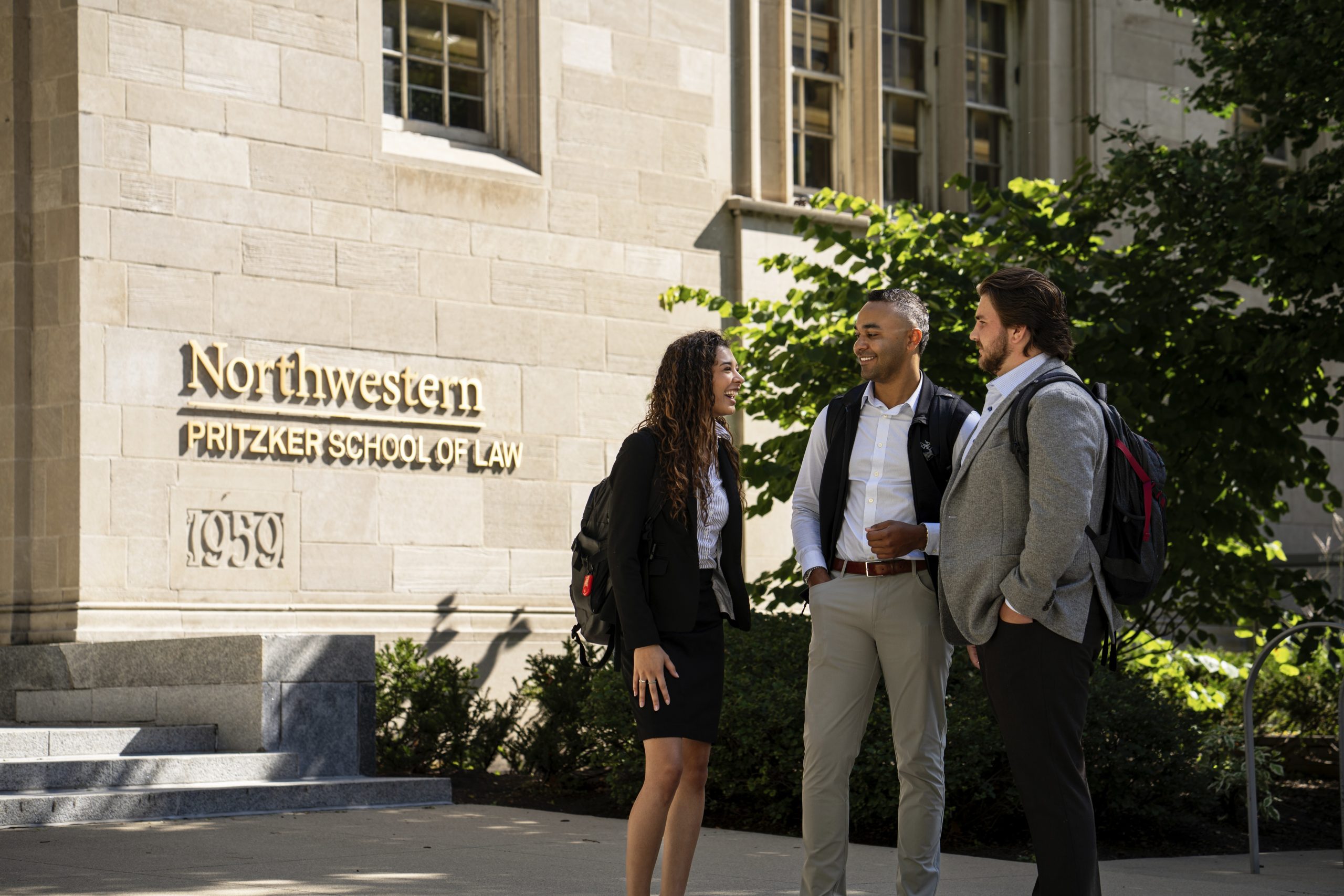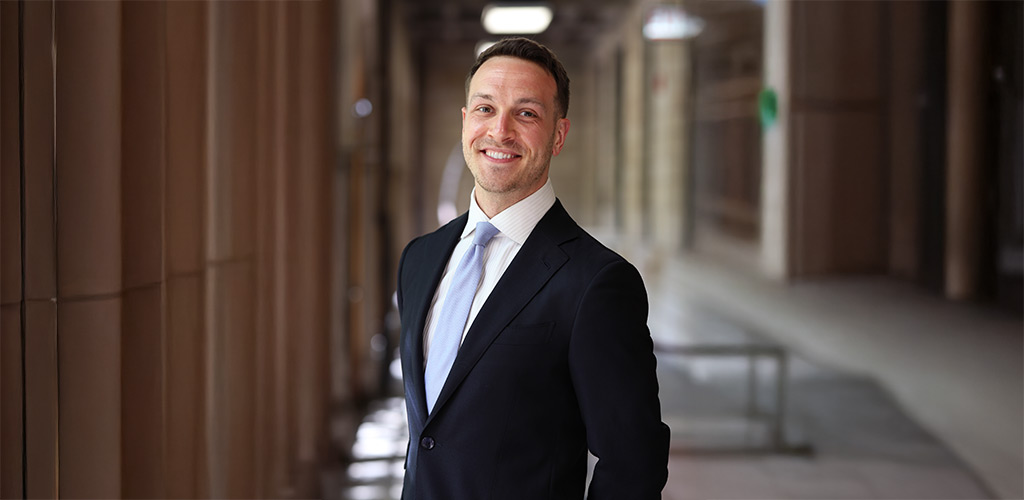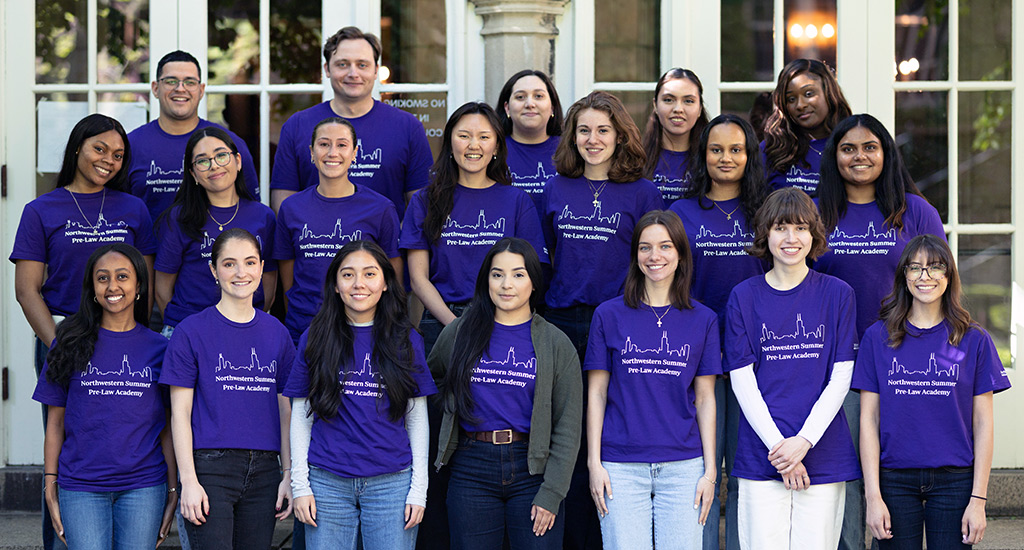Earlier today, Northwestern Pritzker Law Dean Hari Osofsky shared the following message with the Northwestern Pritzker Law community:
Dear Members of the Northwestern Pritzker Law Community,
Northwestern Pritzker School of Law has decided not to participate in the U.S. News rankings because its approach does not align with our law school’s values. We remain committed to providing a high-quality legal education that prepares our graduates to lead and to pursuing innovative research and teaching that makes a difference in society. We also will ensure that law school applicants who are considering Northwestern have access to a range of relevant information as they decide whether to join our community.
Rankings can play an important role in helping prospective law students and employers make informed decisions. However, in order for rankings to do so effectively and constructively, their approach to valuation matters. We make this decision – despite our being ranked highly since these rankings began – due to our deep concerns about numerous aspects of this ranking and the effect that it is having on legal education, the profession, and our society.
Northwestern Pritzker Law believes that addressing our most pressing societal challenges requires interdisciplinary knowledge. We have long been one of the most interdisciplinary law schools in the country. Over half of our faculty holds PhDs, and we offer a range of innovative joint degree programs and interdisciplinary courses. These educational opportunities prepare our students to lead in a rapidly changing legal environment. Yet the U.S. News rankings treat students who are in joint degree or other advanced degree programs as unemployed and disincentivize schools’ support for interdisciplinary education.
The access to justice crisis in this country is profound. The Legal Services Corporation reported in 2022 that 92% of low-income people received no or inadequate legal help with substantial legal problems that impacted them in the past year. Northwestern Pritzker Law is committed to supporting our public interest students who help bridge this gap through post-graduation and summer fellowships, loan forgiveness, scholarship support, and funding for the bar exam, as well as a dedicated Public Interest Center that partners with our Bluhm Legal Clinic and externship program. The decision by U.S. News to devalue employment that is funded by public interest fellowships and to exclude loan forgiveness programs in its debt calculations does not support these efforts by our law school and other law schools to support our public interest students.
Our law school recognizes the importance of decreasing the debt burden on law students and supporting our law students with the highest levels of financial need. Our scholarships, Loan Repayment Assistance Program, and Interest Freedom Plan are among the many initiatives at Northwestern Pritzker Law that aim to do so. However, U.S. News’s approach creates problematic incentives that undermine efforts to support access to legal education for low-income students. First, by over-valuing median LSAT and UGPA, it incentivizes law schools to provide scholarships to students at their medians and above rather than to students with the greatest need. Second, by negatively counting both the percentage of students who have debt and the debt that transfer students accumulated at other law schools, it creates disincentives for law schools to admit students who have substantial financial need. Third, the way in which it counts spending per student does not focus appropriately on how schools support their students or the quality of their legal education—putting far more weight on, for example, faculty compensation than on financial aid.
Beyond specific concerns about the ranking formula, we are troubled that U.S. News relies in part on unverified data reported by law schools that can significantly impact outcomes. This approach has implications for the accuracy and fairness of the rankings. Moreover, schools can gain access to this data that they and other law schools report only by paying U.S. News.
For these and other reasons, Northwestern Pritzker Law declines to participate in the U.S. News rankings. We do not make this decision lightly. We recognize that U.S. News plans to continue to rank us and other law schools that decline to participate in the rankings. Our hope is that this decision by Northwestern Pritzker Law and other law schools will encourage an approach to law school ranking that aligns better with our values. Law schools have an important role to play in preparing the next generation of legal professionals and in advancing greater justice, and our rankings should reflect that.
Best,
Hari Osofsky



